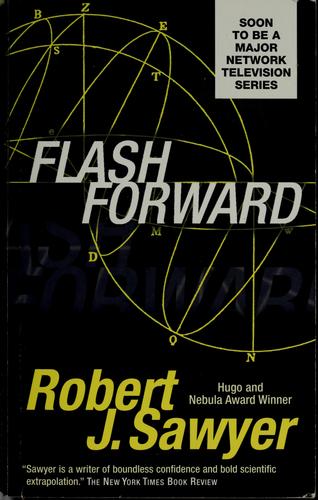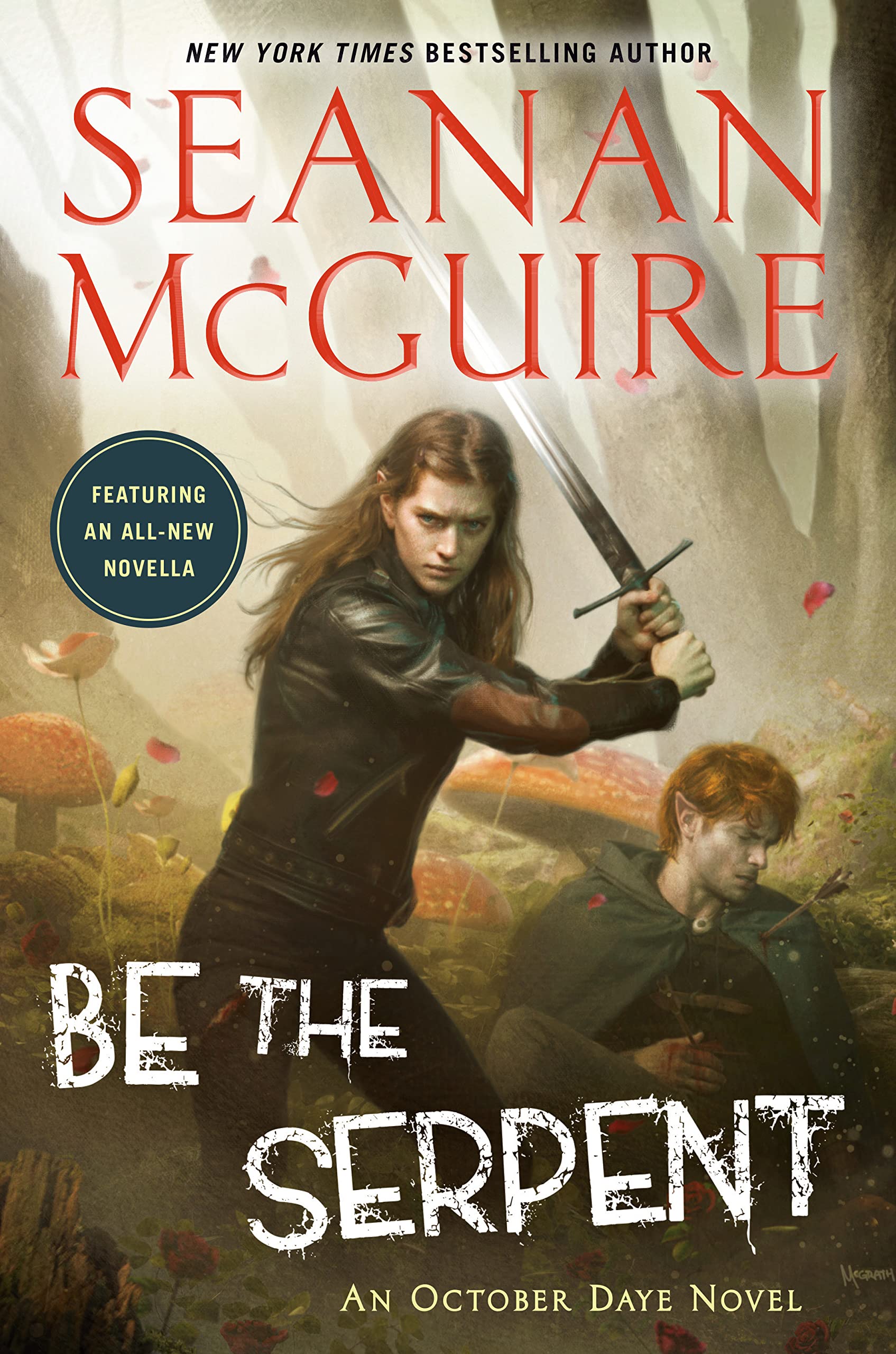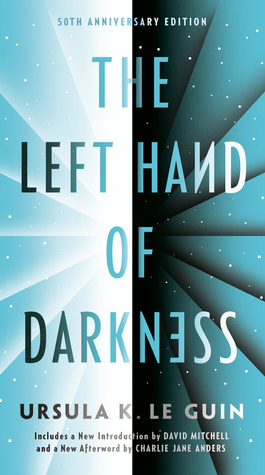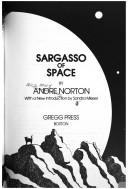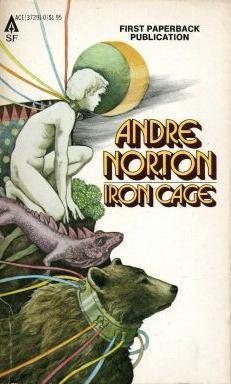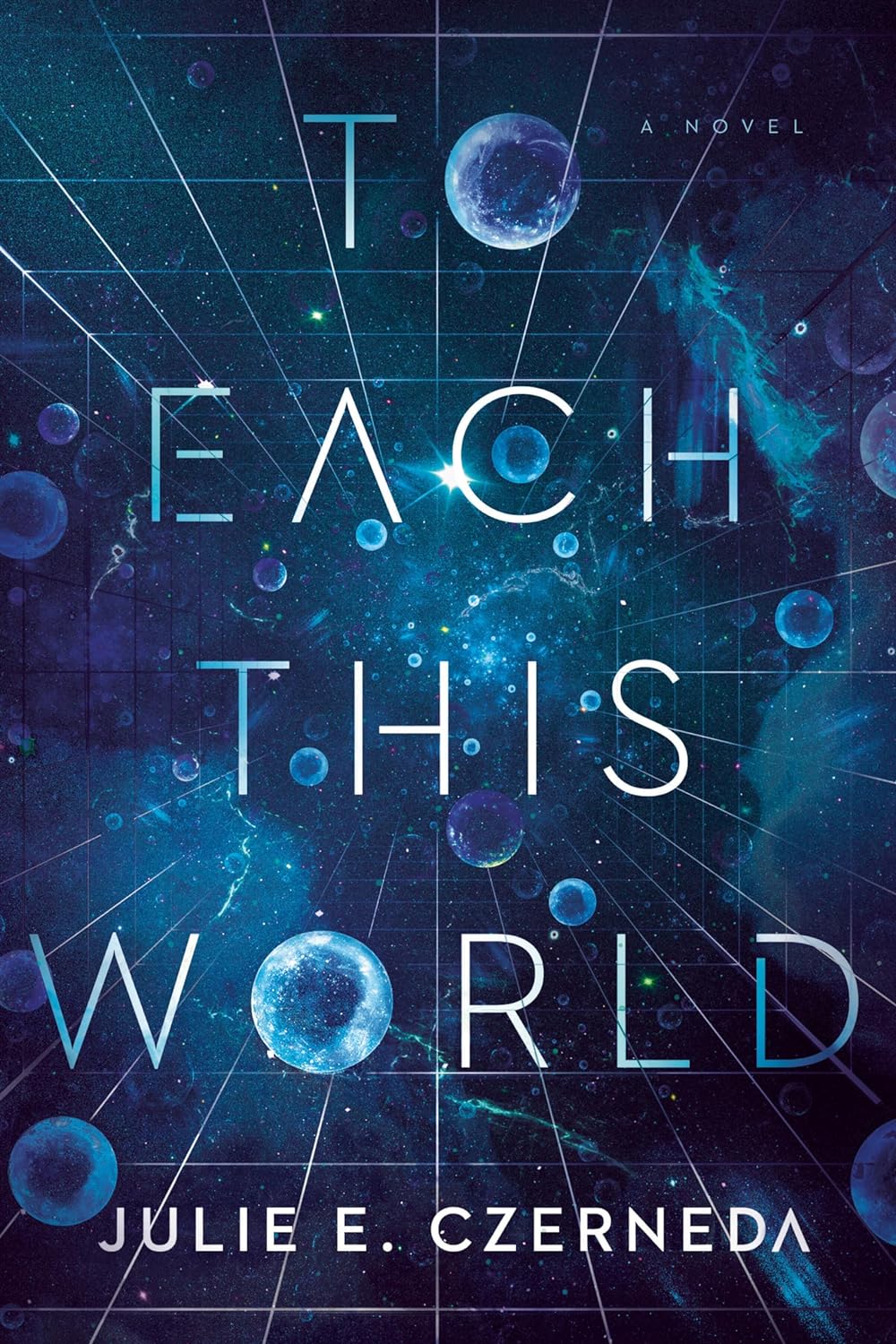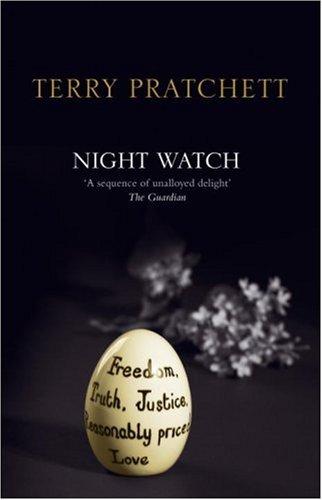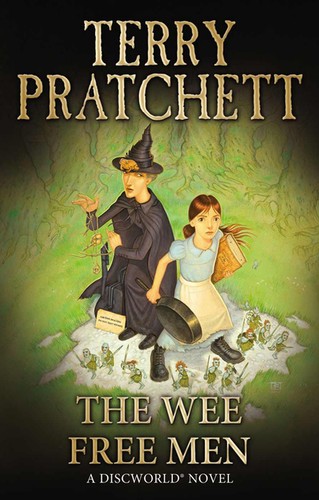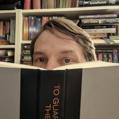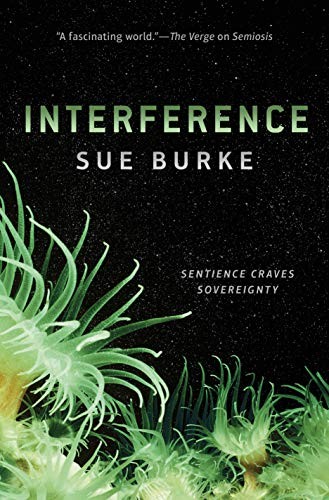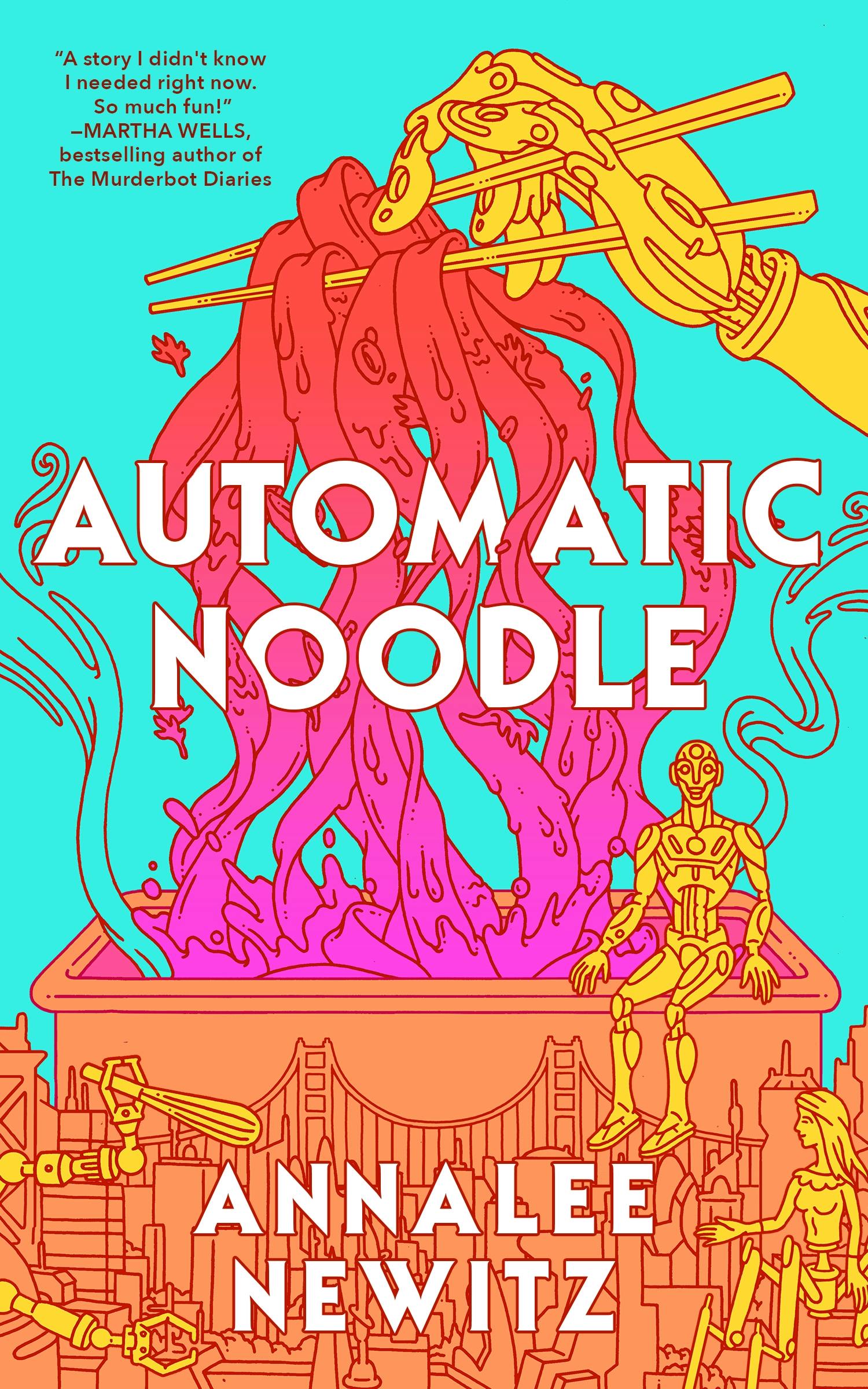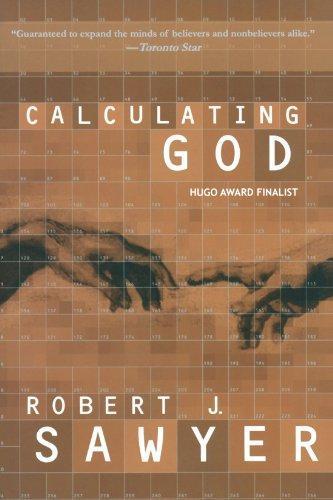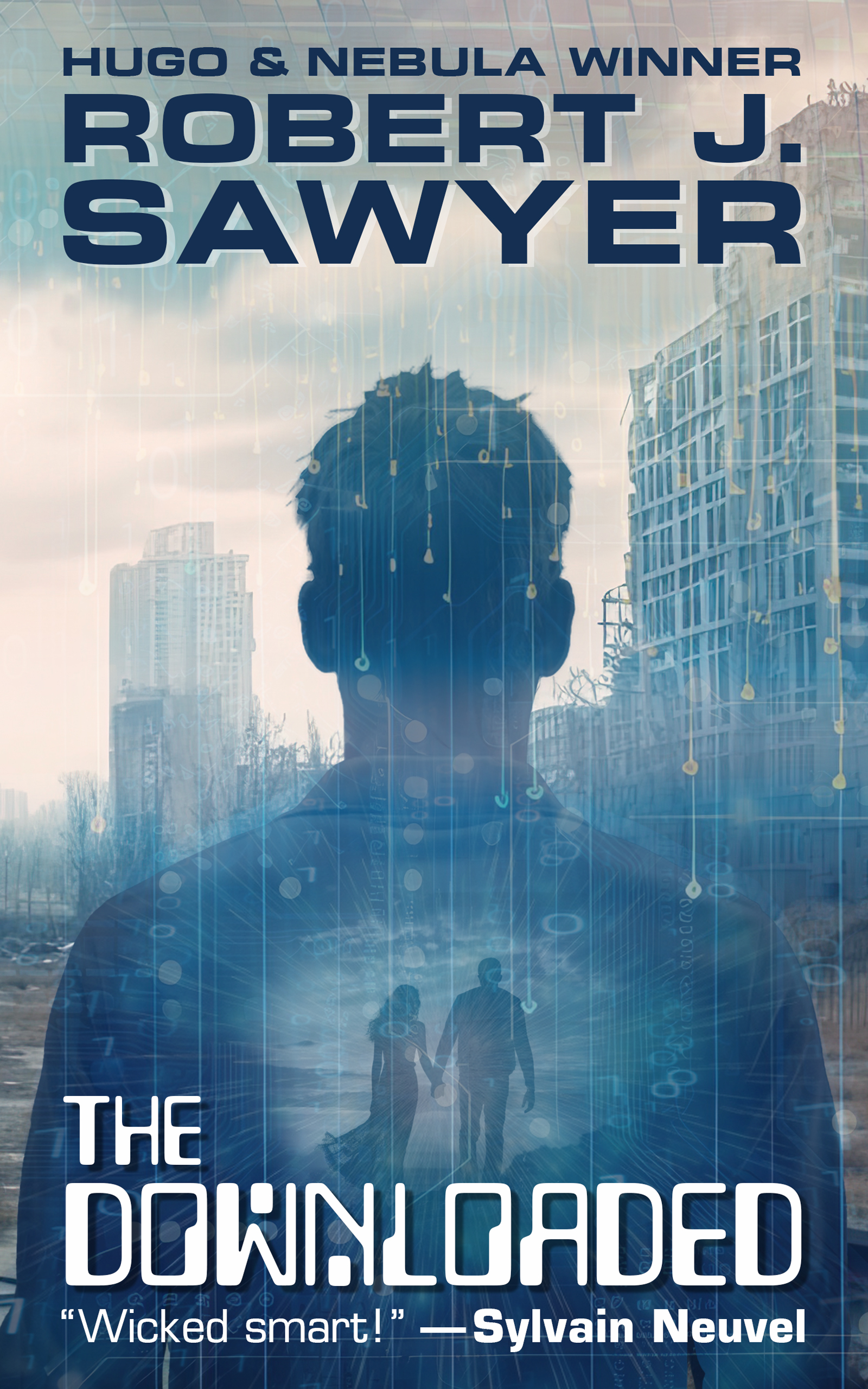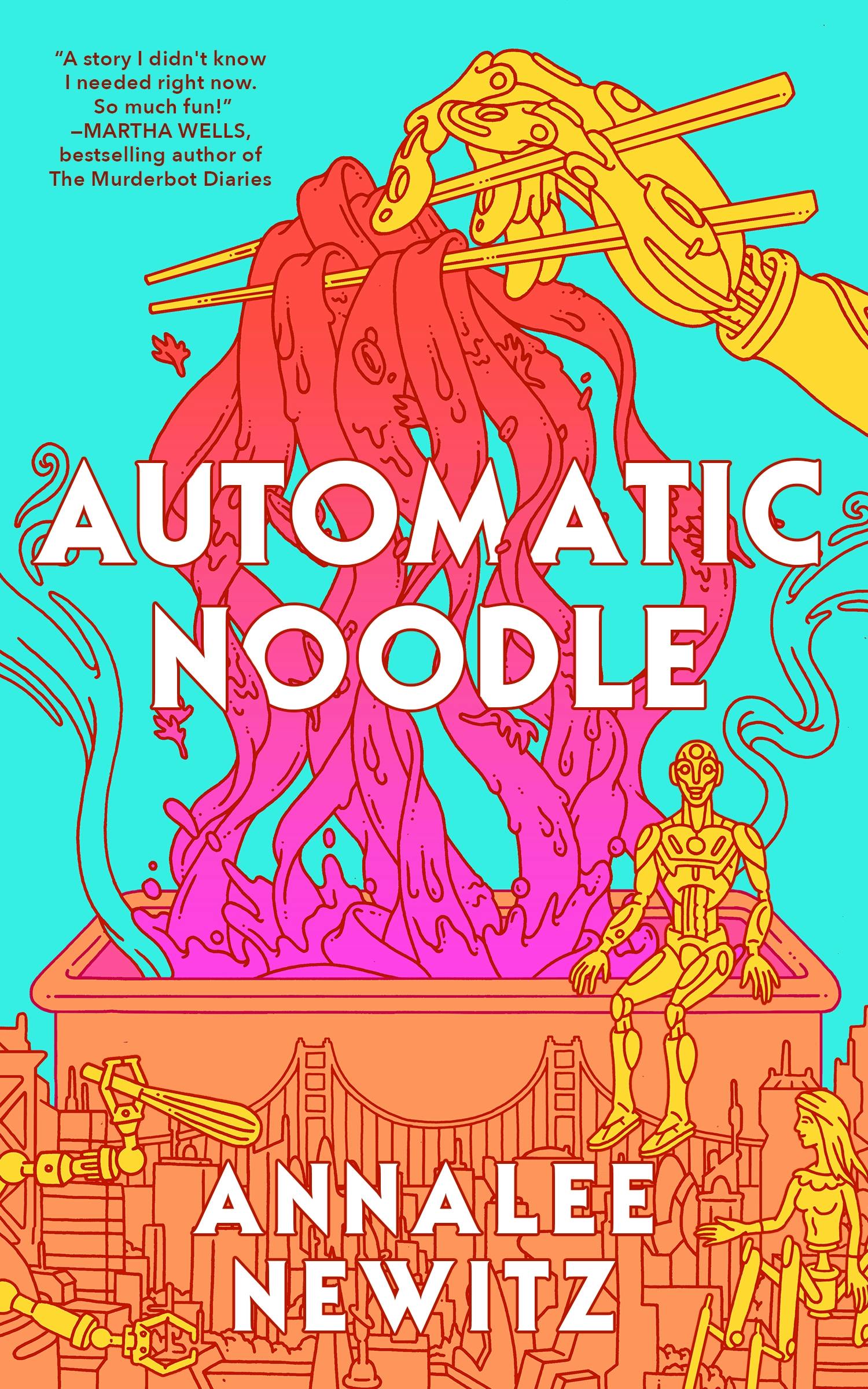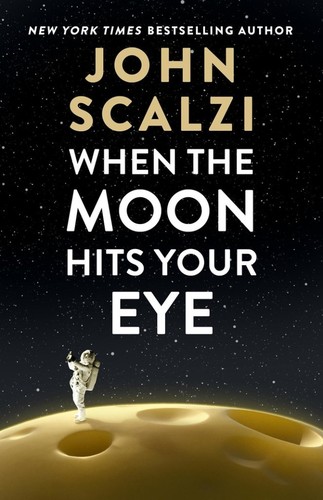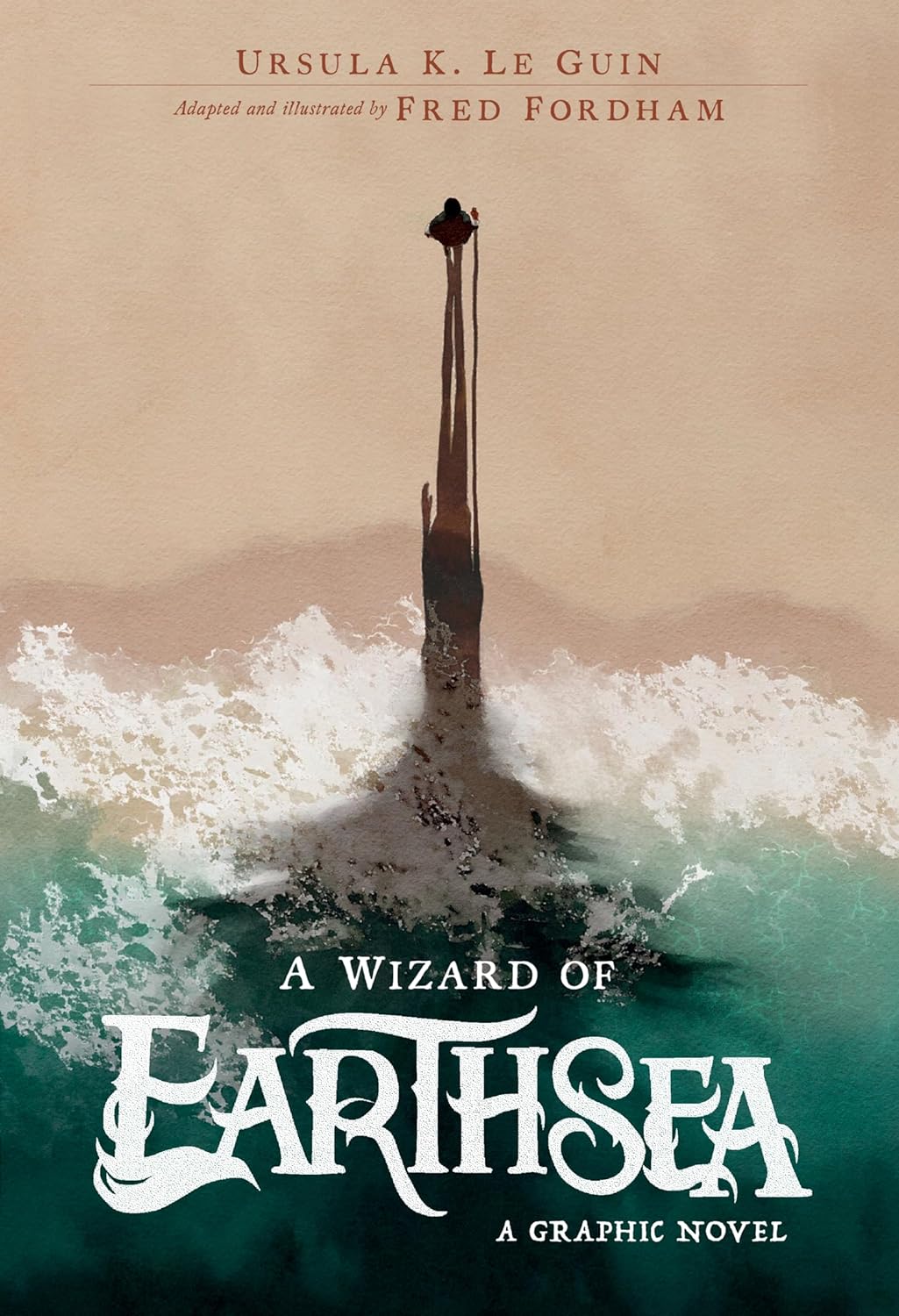Kelson Reads replied to Kelson Reads's status
Content warning Mild spoilers for the first chapter
Earth's "NVA" setup of constantly tormenting one person for the supposed benefit of society brings to mind Omelas, but several things make it worse: - It's clearly a deliberate choice, not a "necessary" evil. - They've trained the populace to enjoy NVA's torment, unlike Omelas where it's a secret shame. It's more like the daily two minutes of hate. - They keep swapping in new clones of the same person, using the threat of "She might be you!" as part of keeping women down. - The society isn't even that great anyway. At least with Omelas you can understand why people would want to rationalize their complicity in the system. That's the point of the story, after all. Here? it's explicitly fascist, though the characters from Earth noticeably don't say so until they're light-years away from it.
